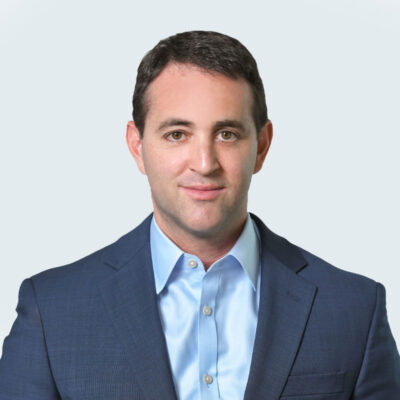
By Evan Nierman
The U.S. Surgeon General this week issued a scathing report that calls for tech companies and legislators to take “immediate action” by creating policies to protect young people from “addictive apps and extreme and inappropriate content” on social media platforms like Instagram, Snapchat, and TikTok.
Not surprisingly, the report mirrors similar concerns that were detailed in a new report by the American Psychological Association (APA) released this month, which outlined its first-ever guidelines for social media use by children and teens.
The urgency of these back-to-back warnings about kids and social media use should have parents everywhere worried for their children’s mental health. Surgeon General Dr. Vivek Murthy’s report specifically advised parents to create “tech-free zones” for kids and urged young people to quit sharing deeply personal information online. Kids should also ask for help from adults if they are bullied online, the Surgeon General report says.
The APA’s list of 10 recommendations stresses the importance of teaching children how to safely navigate the Internet. Its conclusions are clear and correct: parents need to be actively engaged, monitoring the online behavior of early adolescents, and remaining attuned to the emotional impacts that are living life online can take on young people.
Protecting our kids online also involves setting boundaries. The APA guidelines emphasize the need for parental oversight and suggest setting social media time limits. The newly released study also promotes adult-child discussions and coaching around social media use, noting how important it is for young people to understand that once something is posted online, it never completely disappears. The Surgeon General suggests that families openly discuss social media use, including content guidelines, screen time, and the sharing of personal information.
Exposure to “cyberhate,” including online discrimination, prejudice, and cyberbullying, should be minimized because these actions increase anxiety and depressive symptoms in teens, the APA study notes. Notably, online bullying can be even more severe than face-to-face bullying and more damaging psychologically. Teenagers are especially at risk for the type of online bullying that can produce severe mental health issues and can even culminate in eating disorders and suicide.
The various findings are an important step in the right direction, arming parents with insights that they can use to help their children navigate an increasingly complex and negative online world. With increasing frequency, we hear stories of kids being trolled relentlessly by online harassers. In addition, online mobs often seize upon the mistakes, missteps, or unpopular views of others and then employ actions that can destroy reputations and damage feelings of self-worth.

Parkland resident Evan Nierman.
If children—and adults, for that matter—are continuously reminded to be thoughtful about what they share with others online, then it is less likely their posts will be misinterpreted or misconstrued. The fallout from politically incorrect or inappropriate posts can be life-changing and not in a good way. Both the Surgeon General and the APA agree that parents need to model responsible social media use if they want their kids to follow suit.
Expressing unpopular views can also lead to being targeted by those who seek to “cancel” or permanently silence them. Cancel culture is a form of intimidation and should be discussed in conversations about cyberbullying. The phenomenon creates an environment of intolerance, drawing its destructive power from tactics such as doxing, harassment, name-calling, and dangerous threats of violence.
What’s more, if parents don’t talk to children about the dangers of cancel culture, then they also run the risk that they could become active participants in targeting others. Given the proliferation of websites and social media platforms that deliver a steady diet of salacious stories, there would be value in incorporating more social media literacy instruction.
As both the Surgeon General and APA study suggest, guarding against the serious dangers of social media requires one thing above all else: parental involvement. It is valuable advice that should not be ignored.
Evan Nierman is a Parkland resident and father of two. He is the CEO of crisis PR firm Red Banyan and co-author of the book: “The Cancel Culture Curse: From Rage to Redemption in a World Gone Mad.”
Send your news to Parkland’s #1 Award-Winning News Source, Parkland Talk. Don’t miss reading Tamarac Talk, Coral Springs Talk, Coconut Creek Talk, and Margate Talk.








